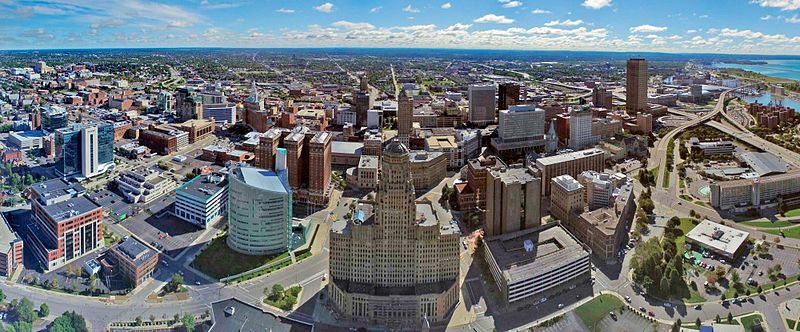Contact: Neil Coffee, University at Buffalo, SUNY, ncoffee@buffalo.edu
Organizer: Neil Coffee, University at Buffalo, SUNY
The increasing importance of digital scholarship raises substantial questions about how we evaluate both it and traditional scholarship. The SCS now fulfills a critical function by providing reviews of digital projects on its blog. Should there be more such venues? What about reviews of smaller contributions? For personnel processes, the SCS has issued a statement in support of the value of digital work in professional evaluation. How should similar statements at other institutions be formulated, and how can they be put into practice? How should we distinguish in evaluation processes among different forms of digital publications, from tools, to online primary texts, to articles in open journals? In projects that are often collaborative, how should credit be given to project participants? How do we give proper weight to micro-publications, contributions to code, student contributions, superseded contributions, and other non-traditional contributions to scholarship? For granting agencies, on what basis do they review proposals for digital projects?
More broadly, does the capacity for online publication have consequences for the traditional peer-review model of publication and professional credentialing? What is the role of trust in traditional modes of evaluation (e.g., trust in print book publishers and journals)? Do we need to establish similar levels of trust in online and digital work and evaluations of them? If so, how?
Abstracts are invited addressing these and other questions dealing with the evaluation of digital work, with traditional standards for evaluation in the new digital context, or both. Presentations might come from scholars or students who have produced digital work that has been or should be evaluated. They might come from administrators at colleges and universities who have faced the question of evaluating digital or traditional scholarship. They might come from representatives of grant funding agencies. Or from others as well.
Anonymous abstracts of no more than 400 words should be sent to digitalclassicsassociation@gmail.com, with identifying information in the email. Abstracts will be refereed anonymously in accordance with SCS regulations. Submitters should confirm in their emails that they are SCS members in good standing. Abstracts should follow the formatting guidelines of the instructions for individual abstracts on the SCS website. The deadline for the submission of abstracts is Friday, March 1, 2019.
Announcement on SCS website: https://classicalstudies.org/annual-meeting/2020/151/dca-evaluating-scholarship-digital-and-traditional

